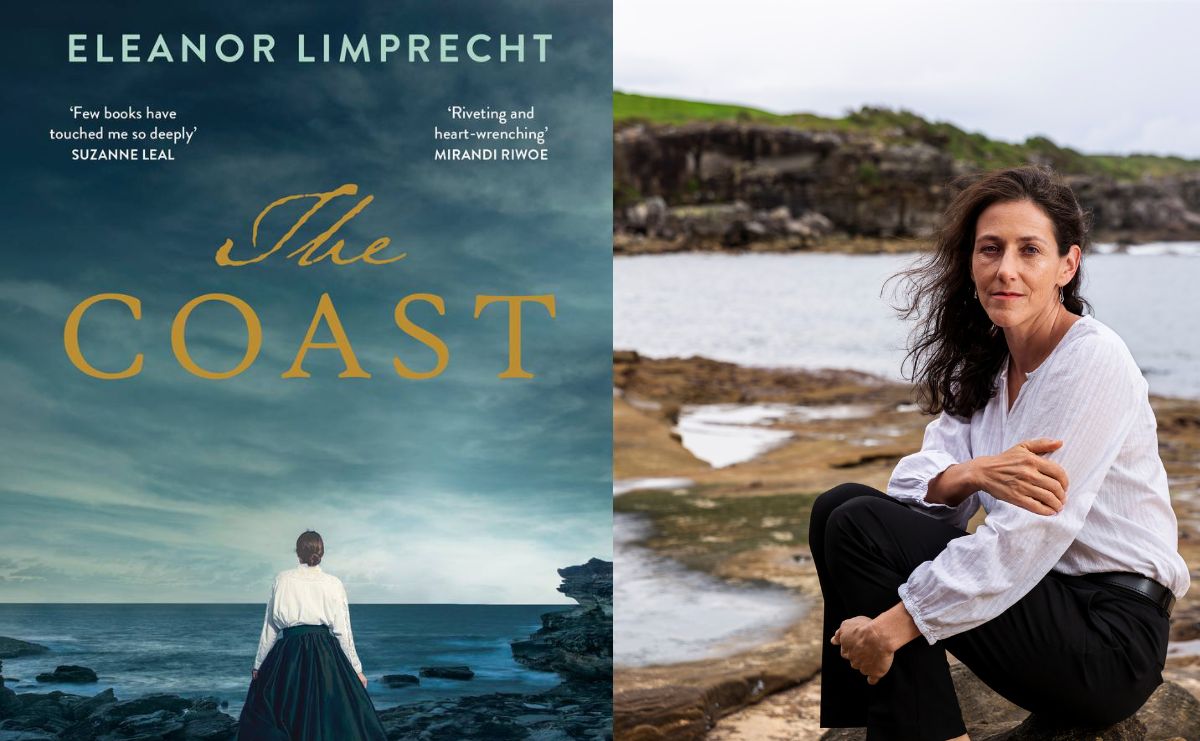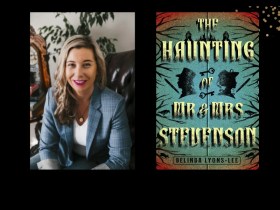The Coast is an elegant, moving work of literary historical fiction spanning the 1890s to 1960s, primarily grounded in the first two decades of the 20th century.
Eleanor Limprecht utilises short chapters to tell three characters’ stories in third person – Will, Jack, and Clea – sweeping forward and folding back in time. Ultimately, they uncoil to elucidate how all of them connect to Alice, whose chapters are told in the first person ‘I’ voice.
Alice, the protagonist and fourth character, is suffering from leprosy (now called Hansen’s Disease) in a lazaret at the old Coast Hospital, at Little Bay in Sydney, today demolished but nearby the still-standing Long Bay Gaol remains. This technique of narration bestows a mesmeric lilt to Limprecht’s depiction of a dramatic epoch in Australian history.
The novel moves between Sydney, the Northern Rivers of New South Wales, Queensland, and off to the Middle East where Australians fought during the First World War – a period that has been generically mythologised and seldom portrayed from perspectives divergent from that of the white Aussie Digger and his hagiographers.
The writing is full of tenderness for the small moments in the narrative-world, where Limprecht is particularly accomplished at shifting without jolting the reader from passages that cover whole years, to well-realised, microscopic scenes of simmering emotional magnitude telegraphed in ephemeral hours, days, minutes, split-second gestures.
Limprecht writes: ‘The land was different here; the river had its own way of surprising them. It sat dry for months and then flooded all at once, filling the cracks in the earth. Just when you think the dry will go on forever the rains come, the floods come, the land is green again.’
Yearning, and endurance, amid what seems hopeless circumstance is the material of The Coast, yet it is also about ignorant and malicious prejudice, without being heavy-handed.
The feathering of Keats’ poems into the text, and the return to the William Faulkner of the epigraph: ‘…between grief and nothing I will take grief…’ shows the erudite hand of the writer, whose premise could have turned quickly to weepy romance. Not that grand romance does not take place, with all its attendant tragedy: Stolen Generations and unconscionable segregation between Indigenous and non-Indigenous Australians play out in the relationship between Alice and Jack – a Yuwaalaraay man and war veteran, who can be together only in a place removed.
It occurs, too, in Clea’s unmarried tryst with Ned, marked by the scorn of the scarlet letter upon women; and in Will’s relationship with his university medical peer, Isaac, summoning the contemporaneous unspeakableness of queer intimacy.
Read: Book review: A Question of Age, Jacinta Parsons
‘When I came here aged nine I wanted to scream at the sight of some of the lepers, particularly those in the men’s lazaret.’ Limprecht then continues: ‘Billy with his face a hideous mass of sores, his hands mittens, fingers shrunken to stumps. I would rather die, I said, than look that way. It is a slow eking of feeling, though. Not as drastic as I thought. I am like a glacier. Bit by bit I melt away.’
It is a powerful book about discrimination, set-backs, and heartbreak, written by an extraordinarily compassionate storyteller who deeply researched her subject.
The Coast, Eleanor Limprecht
Publisher: Allen and Unwin
ISBN: 9781760879402
Format: Paperback
Pages: 336 pp
RRP: $32.99
Publication Date: 31 May 2022





